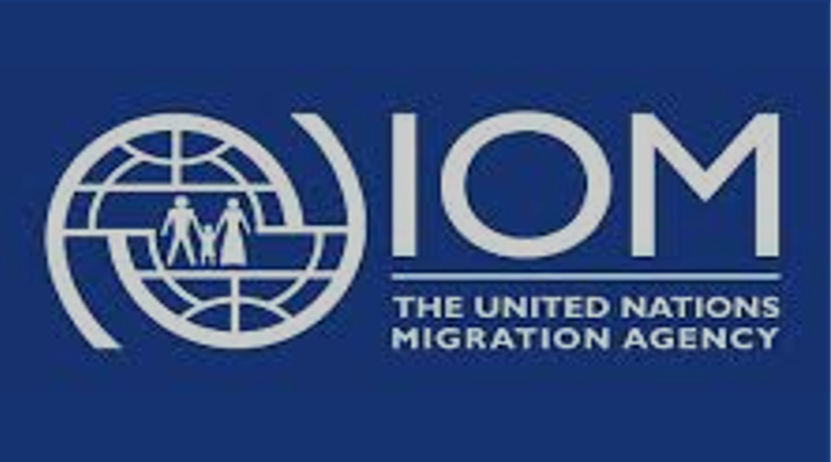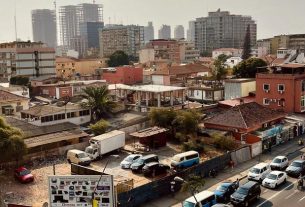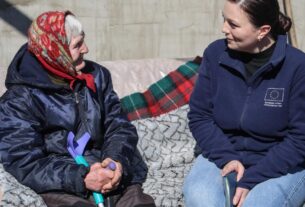The International Organization for Migration (IOM) has urged governments to strengthen coordination and safety measures along migration pathways after a shipwreck off the coast of Tunisia claimed the lives of 40 migrants, including 12 children, on Thursday. The tragedy underscores the persistent dangers of irregular crossings in the Central Mediterranean, one of the world’s deadliest migration routes.
The vessel, which departed from the Tunisian village of Salakta, capsized near Mahdia shortly after setting sail. According to the IOM, the victims included nine women, 19 men, and 12 infants and preschoolers. Tunisian naval forces, alerted by a nearby fishing vessel, rescued 30 survivors from West and Central Africa.
The IOM’s Missing Migrants Project reports that nearly 1,000 deaths and disappearances have already been recorded in the Central Mediterranean this year. Globally, the agency documented 8,938 deaths on migration routes in 2024, highlighting the scale of the crisis.
In a statement, the IOM reiterated its support for “protection-sensitive search and rescue operations” and called for the expansion of safe and regular migration pathways. The organization emphasized that without systemic reforms, tragedies like Mahdia will continue to claim lives.
The incident has reignited criticism of migration policies in North Africa and Europe. Human Rights Watch has previously condemned Tunisia’s lack of an asylum system, while international rights groups have documented abuses against migrants by Tunisian security forces. Local organizations have also denounced expulsions toward the Libyan border, where conditions are often dire.
Broader political tensions remain. Pope Leo XIV condemned what he described as “ever more inhuman” measures to block migration, urging nations to uphold their moral duty to provide refuge. Meanwhile, Italy has intensified its crackdown on irregular arrivals, prosecuting aid workers and striking agreements with Libya and Tunisia to intercept migrants at sea. Critics argue these policies outsource border enforcement while exposing vulnerable people to further harm.
With worsening instability in Congo, Sudan, and other sub-Saharan states, rights advocates warn of a deepening humanitarian crisis. As legal pathways remain limited, more families are forced onto unregulated and perilous routes, only to face interception, detention, or return under European-backed border measures.
The Mahdia shipwreck, one of the deadliest incidents along the North African coast this year, has once again laid bare the urgent need for a comprehensive, rights-based approach to migration governance.
Sources: UN News; IOM; JURIST; The New Arab.



